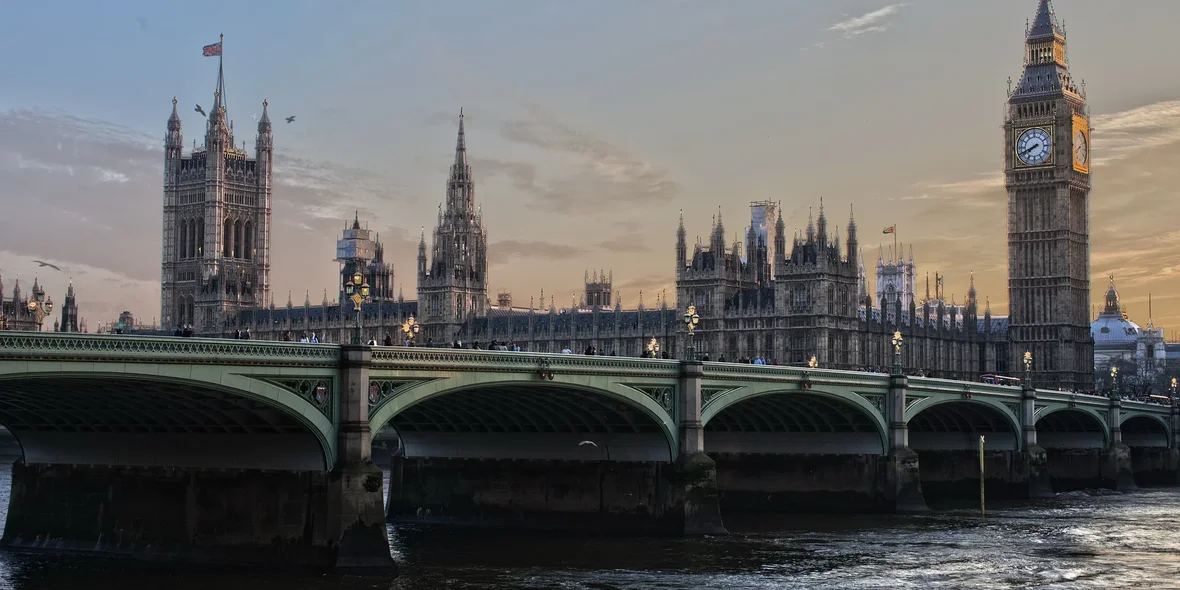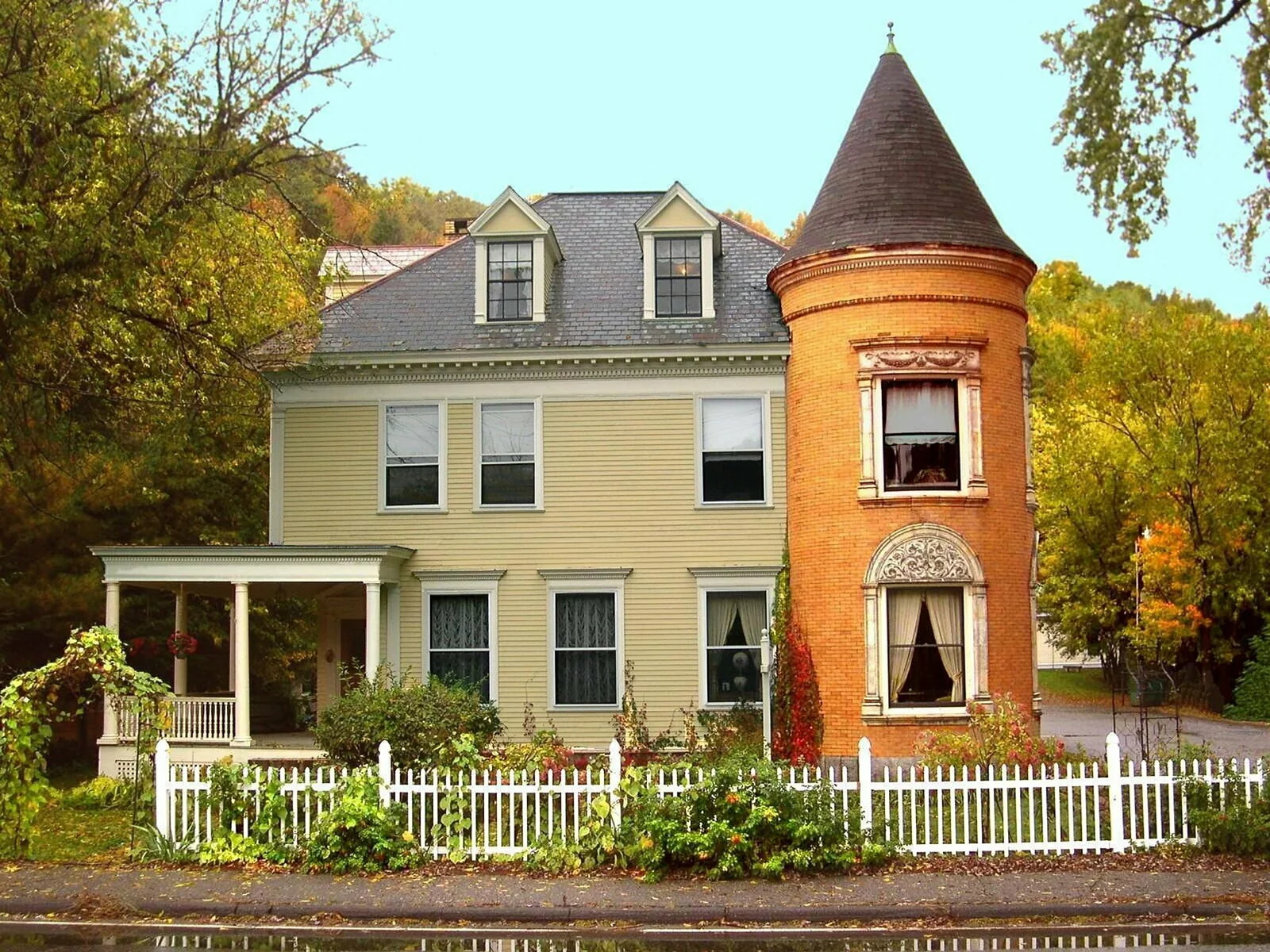
How to buy Property in the United Kingdom
Buying property in the UK is not just limited to London. It is an investment opportunity across the whole of the island, from the famed English countryside to the booming cosmopolitan cities such as Manchester and Coventry. Buying property in the UK means a careful analysis of the total cost, including UK mortgage, as well as understanding the potential location of the move.
What attracts property buyers in the United Kingdom
Opportunities for UK property buyers are diverse. Buying property in the UK non-residents and residents varies from securing assets, to commercial investments, acquiring rental income or simply, a permanent residence. UK property buyers have been attracted to the United Kingdom for various purposes: its geographical location, its prominent rainy climate, the English lifestyle, access to educational, healthcare and employment opportunities, immigration purposes and business endeavours.
The advantage of life in the United Kingdom is its contrasting locations between rural and cosmopolitan areas. One can seek to pursue a career or a business lifestyle in the city, while still enjoy the scenic natural scapes of the country. It may be the idle getaway holiday home for those who prefer a more windy, fresh northern environment.
Buying property in the UK
Buying property in the UK, for any reason, requires a bit of research on the location of interest. Property in the UK can either be leasehold or freehold, the freehold properties being the more expensive purchase. The government website provides a land and property registry by location. It includes necessary details for any property search:
- Flooding risk indicator
- UK property prices
- Title plans
- Title register
- Application for a copy of the deed
These specifications are necessary in any property search. Private real estate agencies and solicitors would also include this in their services.

How to buy property in the UK
For residential purchases, the process generally involves acquiring a mortgage, a downpayment of the mortgage and down payment of the property of interest. Generally, you would need to save between 5% and 20% of the total purchasing price to meet the down payment. Mortgages are available for UK property buyers non residents, however the fees are generally higher, with higher interest rates.
Commercial properties involve a similar process, with the exception for UK property buyers non residents being generally cash only, not-involving mortgage plans. However, there are available banks providing commercial mortgage plans.
Find UK property to buy or let here.
The process of purchasing begins with:
- Overview: arranging a viewing with the UK property owner, this is recommended for all situations
- Property valuation: getting an appropriate UK property valuation is recommended, especially if you do not have experience with real estate market value vs. market price.
- Solicitor: it is best to arrange your purchasing plans with a solicitor, especially if buying property in the UK non-resident foreigners
- UK Estate agents: remember to ask if the property owner has the right to contract, or is an independent party with implied rights. Check if you would need a UK estate agent to represent your interests as a buyer.
- The Offer: the property owner may agree or decline the UK mortgage application, your solicitor would draw up this agreement. This is the time to negotiate the best price for both parties.
- Sale: if the selling price is agreed upon, a contract will be drawn.
- Conveyance: this is the process of making the UK property officially yours, this is done by the solicitor.
- UK Mortgage application: going back to the bank to agree with the mortgage advisor on an appropriate mortgage deal for the application.
- UK Mortgage valuation: usually mortgage lenders arrange the valuation, this confirms that your property is worth the amount being lent.
- Legalities: the final phase involves the solicitor getting various legal forms completed for the conveyance:
a.Solicitor confirms details of the property for the contract
b.Solicitor’s searches for planning history, mining, drainage and other potential developments
c.Mortgage confirmation
d.Insurance
- Signing of the contract - finally the contracts are signed and exchanged.

Mortgage in the UK
Buying property in the uk non-residents and residents often seek a UK mortgage. Generally, housing plans, buy-to-let and commercial investments involve individual UK mortgage schemes. UK mortgage schemes and rates differ for UK property buyers non residents and commercial investments.
The gist is to choose a bank that provides such schemes that coincides with your interests. The government website provides a housing scheme for potential residence.
Buying property in the uk non-residents and residents means that property may be repossessed if mortgage payments are not met.
UK Property Fees and Taxes
UK property fees are not limited to the purchasing price alone. There are always additional costs to watch out for that come along, the following are approximations:
| UK Mortgage arrangement fees [setting up the actual mortgage] | £500 to £2,000 |
| UK Mortgage lender fees | £170 |
| UK property search | £300 |
| Valuation fees [setting up the valuation process] | £200 to £600 |
| Property survey [to protect yourself from future costs] | £450 to £1,000 |
| Conveyance fees | £625 to £800 |
| Money transfer [price per one transfer] | £15 |
| Land registry fees | £40 to £135 |
| Moving costs | £400 to £1000 |
| UK estate agent fees | vary on service provider |
| Property insurance | £165 /year |
| Council tax | depends on the region / year |
| Land Registry tax [if purchasing in Wales] | depends on property / year |
UK stamp duty fees depend on the UK property fees. It is best to ask the solicitor for the appropriate calculation. Here is a general rule of thumb:
| UK stamp duty property between £125,001 and £250,000 | 2% |
| UK stamp duty property between £250,001 and £925,000 | 5% |
| UK stamp duty property between £925,001 and £1,500,000 | 10% |
| UK stamp duty property over £1,500,000 | 12% |
The percentage amounts are of the total purchasing price. UK stamp duty is a one time payment. The UK stamp duty rates change depending on the nature of the investment. UK property fees may vary on the service providers.
Documents required for the purchase of real estate
- Title deeds [these are digital documents]
- Leasehold: copy of the lease
- Report on title: this is provided by solicitor
- Newly built property: new home warranty documents
- Confirmed UK stamp duty payment
- Property insurance
- Survey guarantee
- UK Mortgage application
Other documents:
- Driver’s license
- Credit report
- Bank statements
- Asset statement
- Federal tax return
- Immigration papers [if applicable]
- Residence card [if applicable]






















